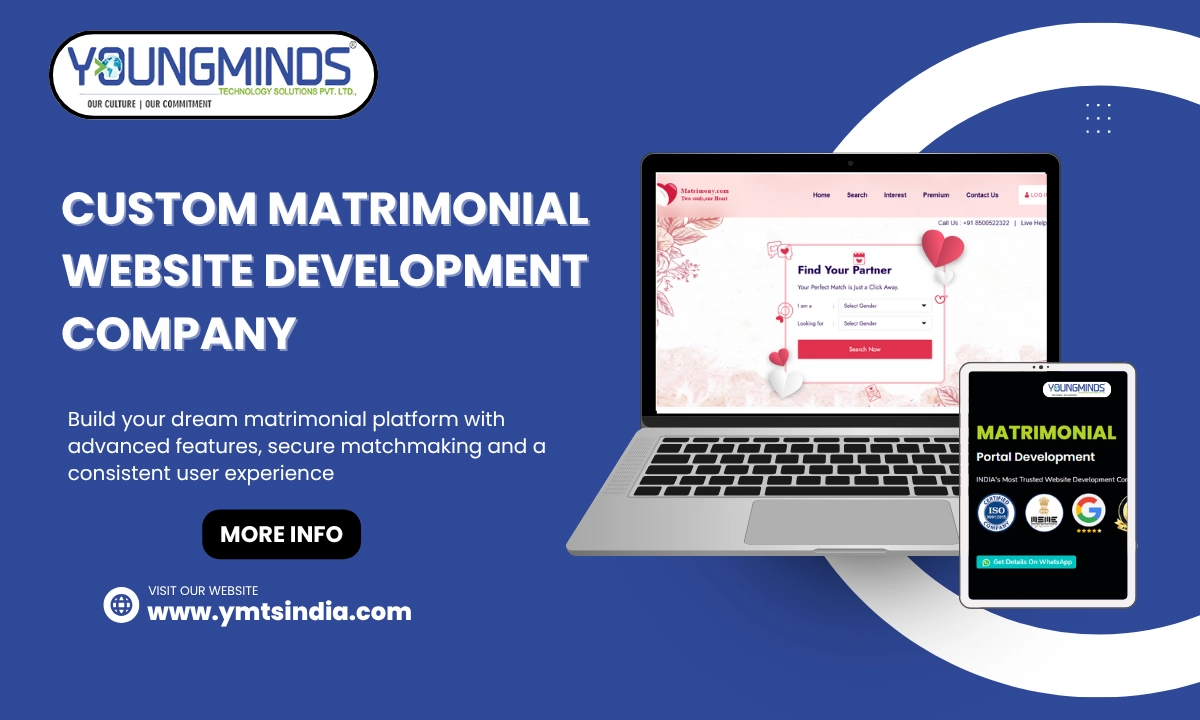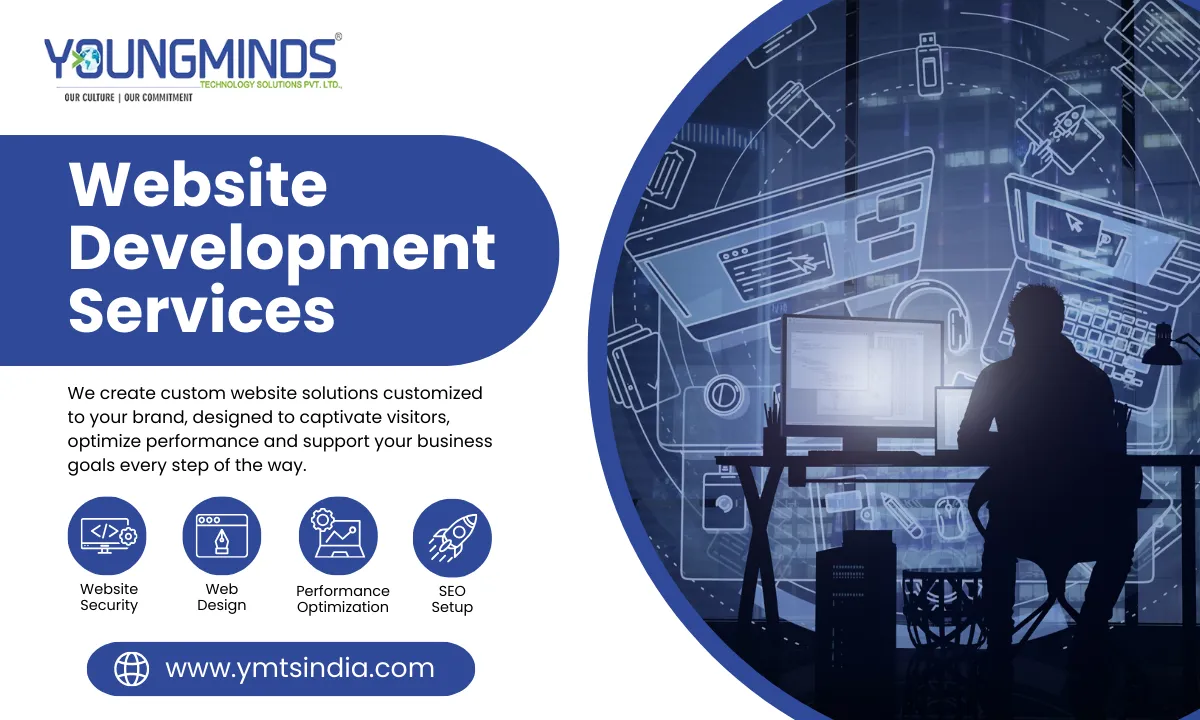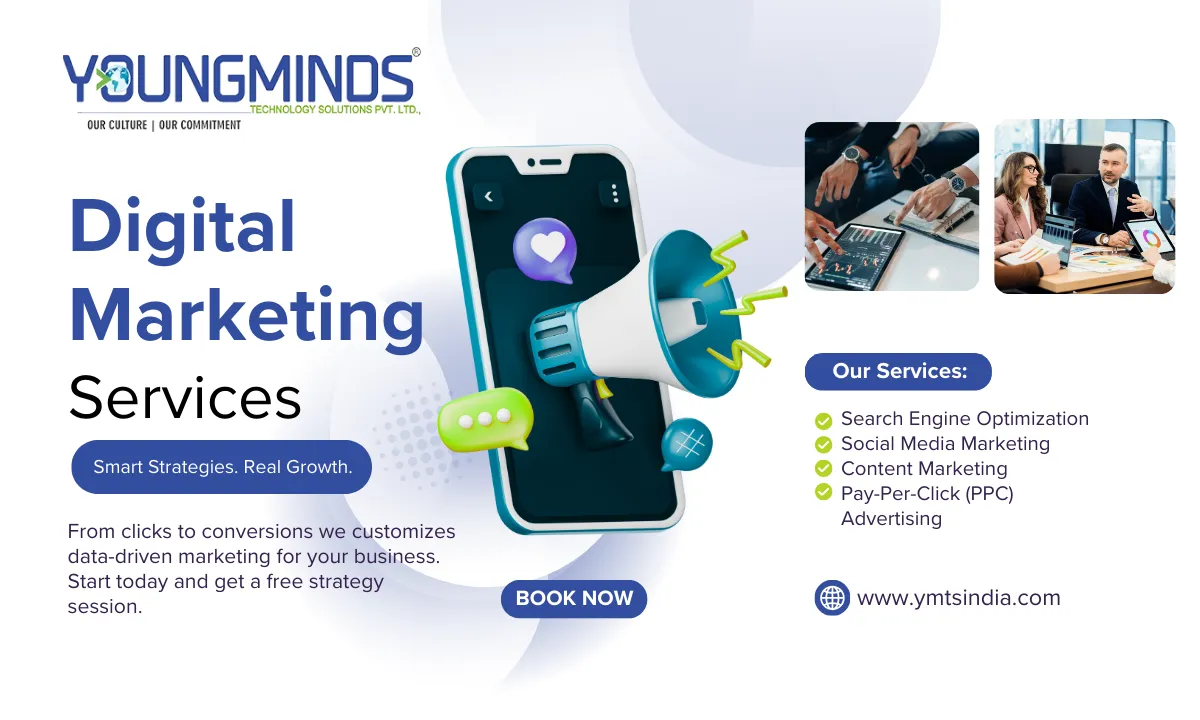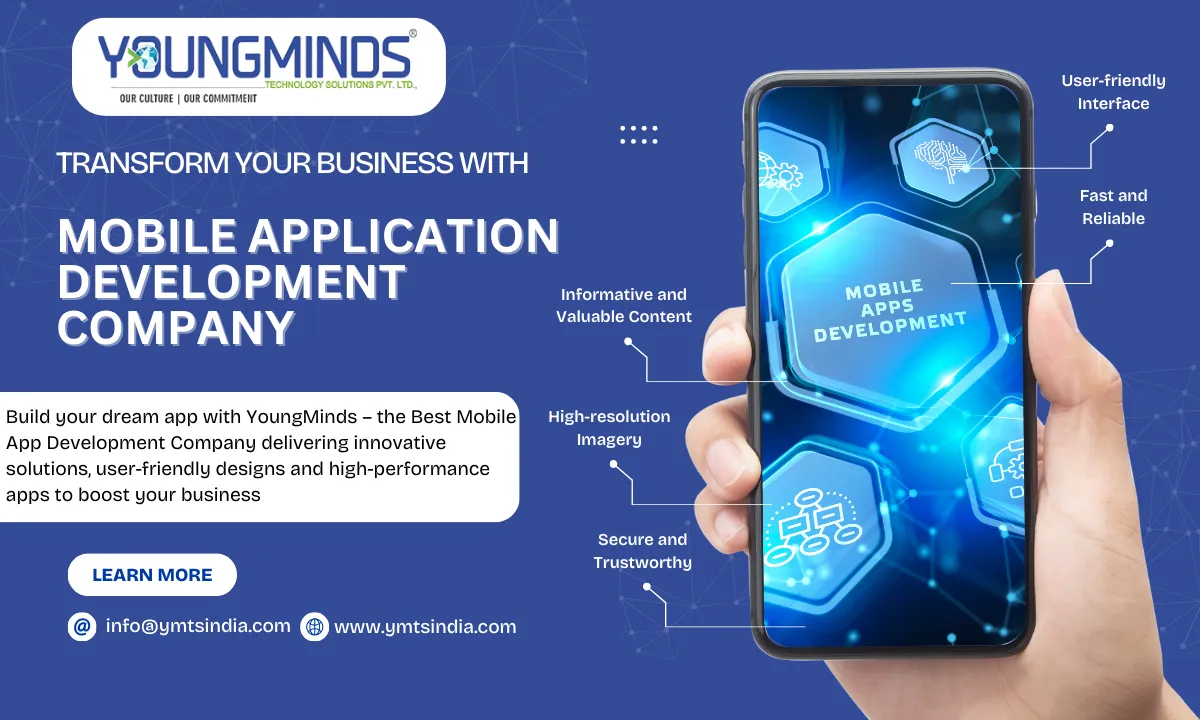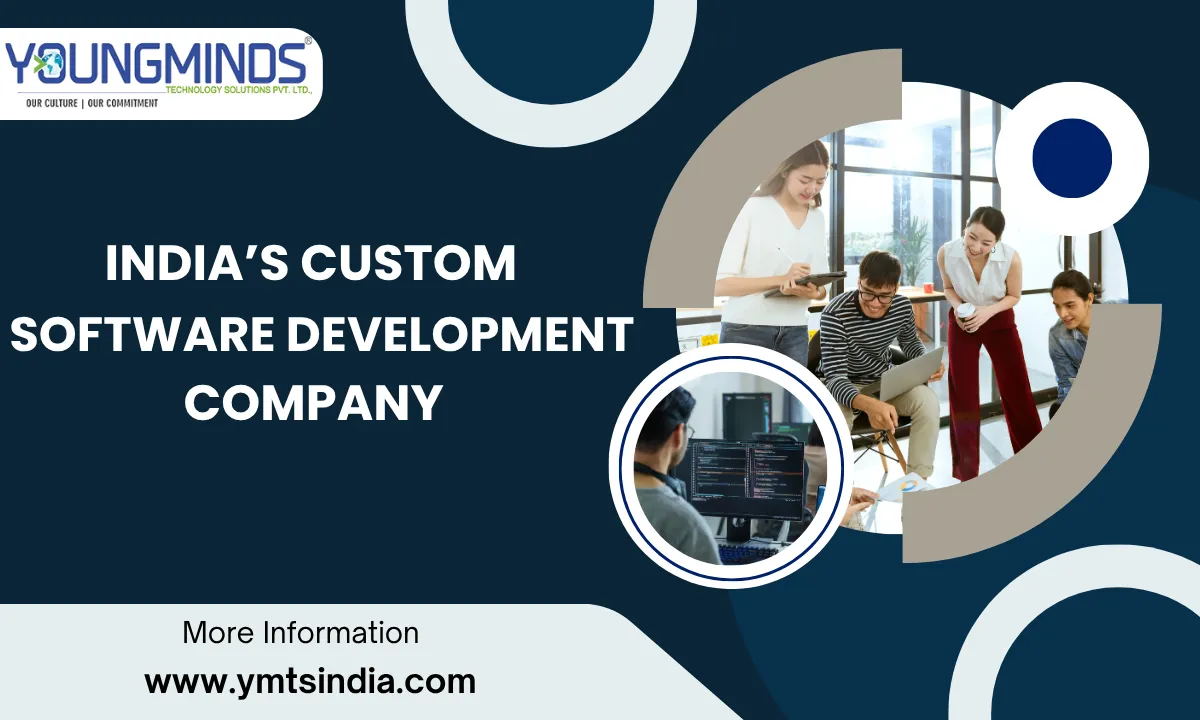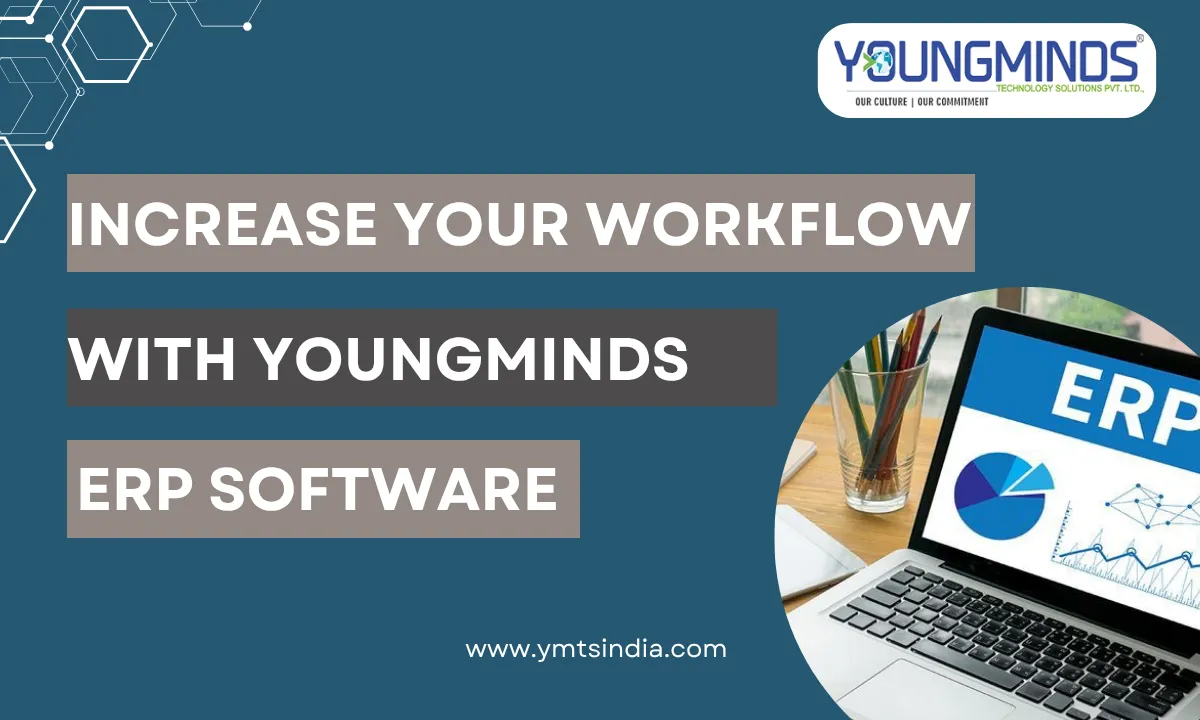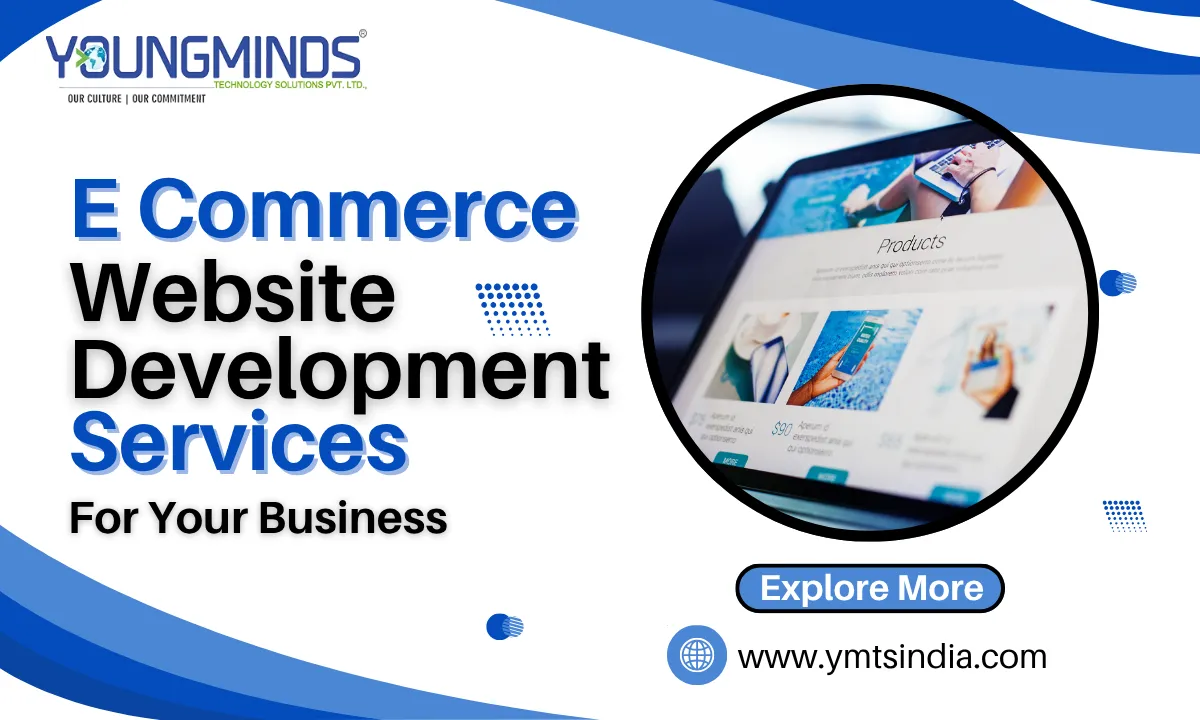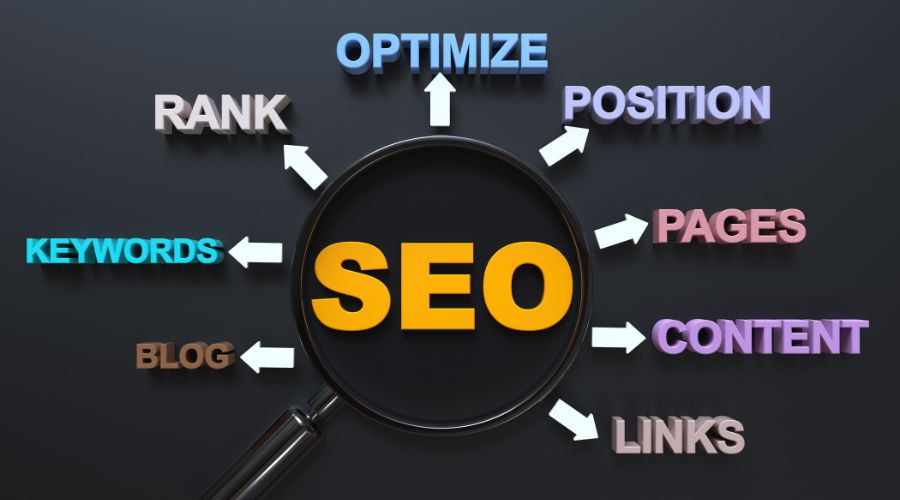What is Mobile Application Development?
Creating customized software applications for mobile devices, like smartphones and tablets, is the process known as Mobile Application Development. Our Skilled mobile app developers proficiently design, construct, test, and establish applications across different platforms including iOS and Android. With a variety of technologies and tools in the baskets, they provide a user-friendly and a high-engaging mobile experiences.
Digital-marketing is the way forward as it has an unparalleled capability, to reach out to customers and also the ability of measuring the result effectiveness. Entities that aim to keep up with their competition should accept the fact that the digital marketing is becoming big and essential part of their journey, as the people become more and more addicted to digital channels and platforms, that are used for receiving information and staying in touch. Digital marketing is unmatched when it comes to the fact that it is highly interactive let alone being able to cater to ever changing consumer behaviors in the digital world which has seemingly no limits.
Types of Mobile Applications
Explanation of different types of mobile applications.
Native Apps :
A Native App is a software solution that is intended only for certain operating system platforms or devices. These applications are written using the specific programming languages platforms offer. The examples include Swift or Objective-C for iOS apps and Java or Kotlin for Android ones. They usually are just directly carried out from an app store, for example, the Apple App Store and Google Play Store.
Web Apps :
Through the Web apps, users get not to download and install any application on their devices but just use web browsers to access the apps. They are developed with web technologies and because they are platform-independent they do not depend on specific platforms. Updating web apps and convenient deployment from one side is an issue, but on the other side the hybrid or native apps have more access to device features compared to the web ones.
Hybrid Apps :
Hybrid Apps take the features that native and web apps have and combine them. They often are written in web technologies such as HTML, CSS, and JavaScript, and are wrapped in native containers for iOS, Android, etc. then deployed for use on multiple platforms. Being simpler to implement and publish across the platforms, web apps, however, may have a performance capability that is less than that of native apps.
The Mobile Application Development Lifecycle
The Mobile Application Development Lifecycle.
Planning :
First of all, during the early planning stage of the mobile app development process, app developers and clients work together to set the project goals and define the audience which needs to be targeted, as well as the required features. During this phase, we will conduct marketing studies and also determine the scope of the project, and create a development roadmap which will be in line with the client's objectives and financial plan.
Design :
Design phase is where smart app developers produce applications which are easy to use and visually attractive. Branding and usability factors are considered and user research is carried out to create wireframes, prototypes, and mockups that align with a client's brand identity and the targeting of the tastes of the audience.
Development :
In the development phase, dedicated app developers utilize their background in object-oriented languages such as Java or Kotlin for Android programming or Swift for iOS coding to transform the app concepts into working programs. They believe in following the industry’s best practices and coding standards to give the desired scalability, security, and performance optimization with the same features and functionality as per the project requirements.
Testing :
Testing is a crucial phase where application developers will go to great lengths to ensure that the application they have developed has any bugs in its functionalities, reliability, and usability across multiple devices and operating systems. They will be making different tests such as unit testing, integration testing, and user acceptance testing (UAT), to be able to know any bugs, glitches, or usability problems and fix them before they deploy it.
Deployment :
Once the app has been thoroughly tested and it works like a charm, it will be uploaded to Google Play for the Android apps and Apple App Store for the iOS apps where different mobile users can access the apps. According to our developers, developers of both the app and mobile must comply with the rules, conditions, and app store optimization in order to see the app from the crowd.
Maintenance :
After the deployment, the developers of apps will offer ongoing services for application support and maintenance which will include addressing issues, updating features, and making sure the apps are compatible with the device versions or operating system upgrades. At this stage, app performance is monitored, user feedback is analyzed, and improvements are introduced on a regular basis to make the user experience optimal and sustain its longevity.
Conclusion :
YoungMinds Technology Solutions is one of the leading Mobile Application Development companies. It offers customized software services for smartphones and tablet devices. Native, Hybrid, or Web Apps are the tools that focus on putting on interesting experiences for iOS and Android. Through collaboration with top App Development Firms such as YoungMinds, you will find yourself on a path that never stops.


